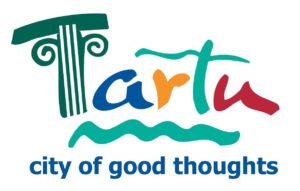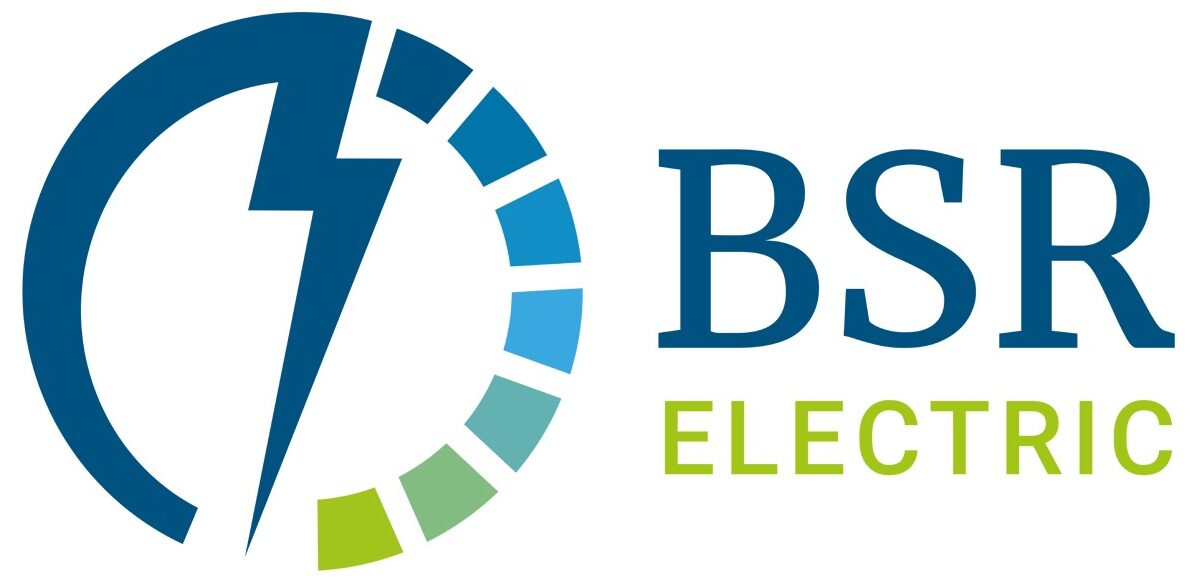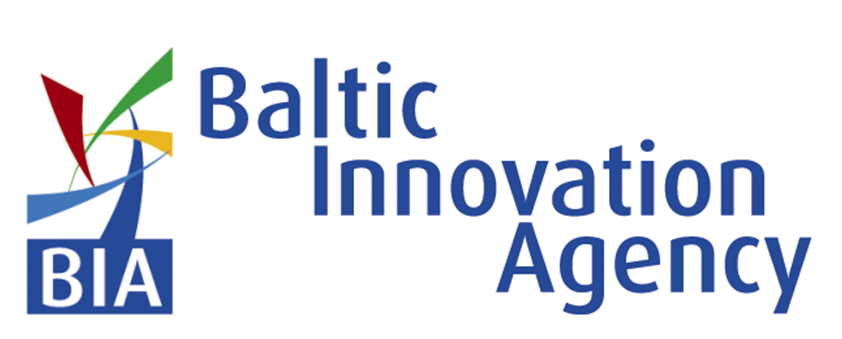Analysis of Tartu electric bus pilot (City of Tartu/European Commission)
The analysis evaluated the results from the city of Tartu e-bus pilot to assess whether it would be feasible to procure a fleet of e-buses in 2029. In addition to the Tartu pilot, other case studies were used with similar climatic and operational conditions (i.e. similar bus size and pilot conditions) to provide further insight. The research included interviews with people closest to the pilot as well as user interviews and an analysis of an online user survey conducted by the city. A TCO (total cost of ownership) model was created for the city to be used as a tool to estimate the costs for procuring e-buses in Tartu and comparing those to current public transportation options. Guiding the evaluation were six research questions:
Context: The city of Tartu carried out an electric bus (e-bus) pilot to ascertain the feasibility of using e-buses in urban areas. The project was carried out between 01.09.2018-31.08.2019 under the BSR Electric project financed by the Interreg Baltic Sea Programme and the regular service was partly financed by the European Development Fund.
For more information about this analysis, click the “LEARN MORE” button below:



